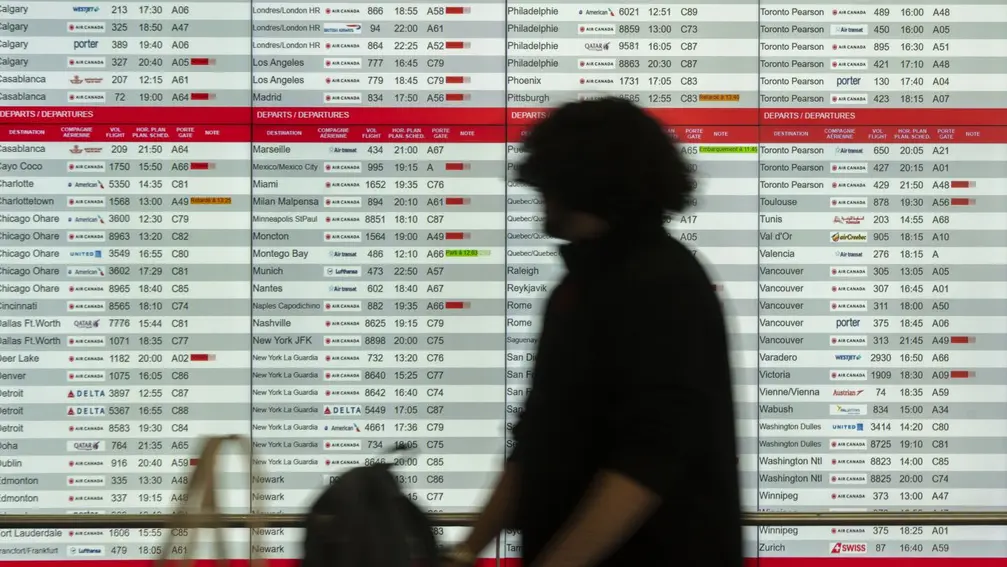T4K3.news
Air Canada flight attendants strike continues
Union vows to challenge a court order to return to work as government steps in to manage impact on peak-season travel
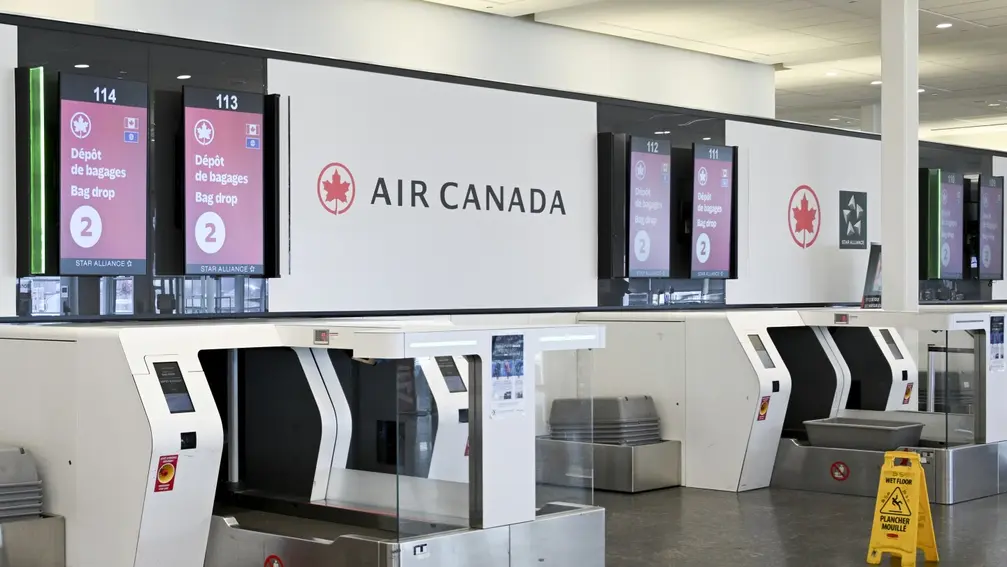
The union for 10,000 Air Canada flight attendants vows to keep striking despite a government order to return to work, extending disruption to peak travel season.
Air Canada flight attendants strike continues
The Canada Industrial Relations Board ordered Air Canada staff back to work by 2 p.m. local time after federal intervention as the airline said it would resume flights later in the day. The union representing 10,000 flight attendants said it will challenge the order, declaring that the strike remains ongoing. The disruption has already stranded tens of thousands of travelers and forced the airline to cancel hundreds of flights as it works to stabilize schedules in the coming days. Air Canada reported that about 700 flights operate daily, with cancellations rising to several hundred in the week as it aims to rebalance operations.
Federal Labour Minister Patty Hajdu argued the government must act to protect the economy, describing the move as a way to prevent broader damage from the walkout. The government extended the existing collective agreement term as arbitration is pursued to set terms for a new contract. The stoppage follows months of tense talks over pay and unpaid work performed when planes are on the ground. Industry groups such as the Business Council of Canada welcomed government involvement, while some critics question the balance between workers’ rights and business resilience. The disruption has reverberated beyond Canada, as carriers adjust routes and other carriers fill gaps, though capacity is tight during the summer peak.
Key Takeaways
"We remain on strike. We demand a fair, negotiated contract and to be compensated for all hours worked."
CUPE statement on ongoing strike and wage demands
"We will be challenging this blatantly unconstitutional order."
CUPE response to court order to return to work
"now is not the time to take risks with the economy"
Hajdu on government intervention
"the Liberal government is not anti union"
Hajdu on government stance toward unions
This fight highlights a broader tension between labor rights and national economic interests. Government intervention signals a willingness to defend essential transport links, but it also risks weakening union bargaining power if the public blames workers for travel chaos. The decision to extend the collective agreement while arbitration unfolds creates a potential pathway to a deal, yet it may leave workers feeling they have been pressed into interim concessions. The case shines a light on how Canada navigates disruptions when travelers depend on reliable air service and when inflation pressures temper wage demands.
Highlights
- We remain on strike we demand a fair negotiated contract and to be compensated for all hours worked
- We will be challenging this blatantly unconstitutional order
- Now is not the time to take risks with the economy
- The Liberal government is not anti union
Political and economic risk from prolonged strike
The ongoing walkout disrupts travel during peak season, tests the limits of government intervention, and raises questions about long-term labor relations in a critical industry.
The outcome will test how policymakers and unions balance economic needs with the dignity of workers.
Enjoyed this? Let your friends know!
Related News
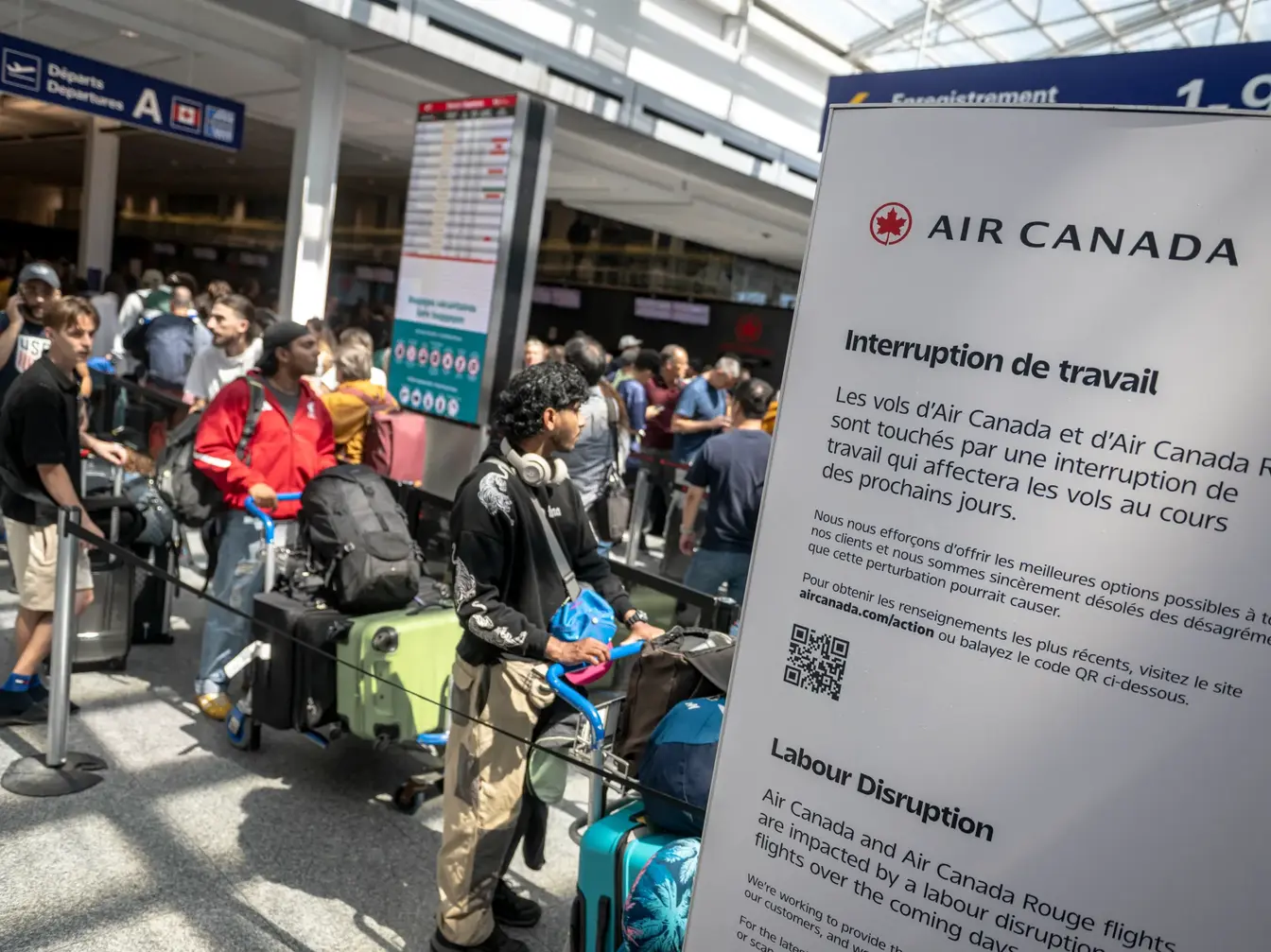
Air Canada cabin staff strike grounds hundreds of flights
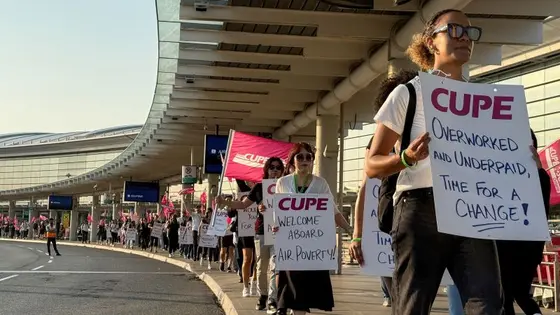
Air Canada strike continues after government order
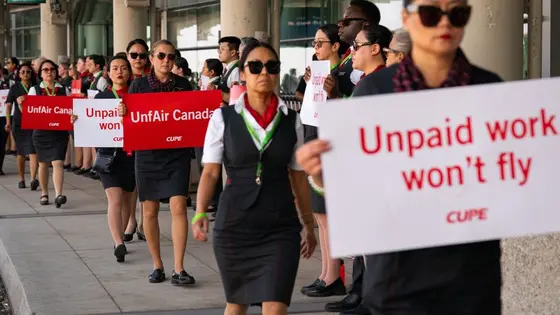
Air Canada lockout could disrupt weekend travel
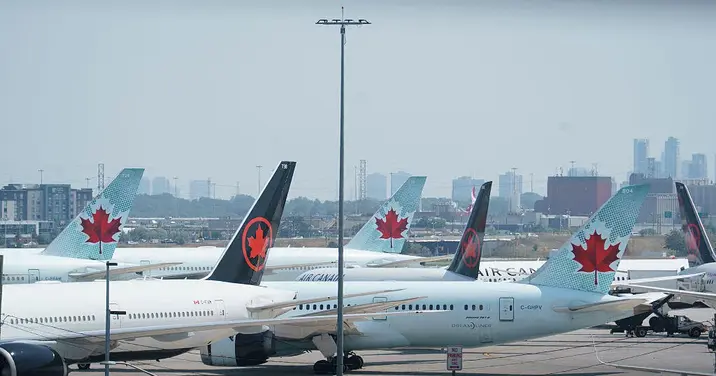
Air Canada delays resumption after strike
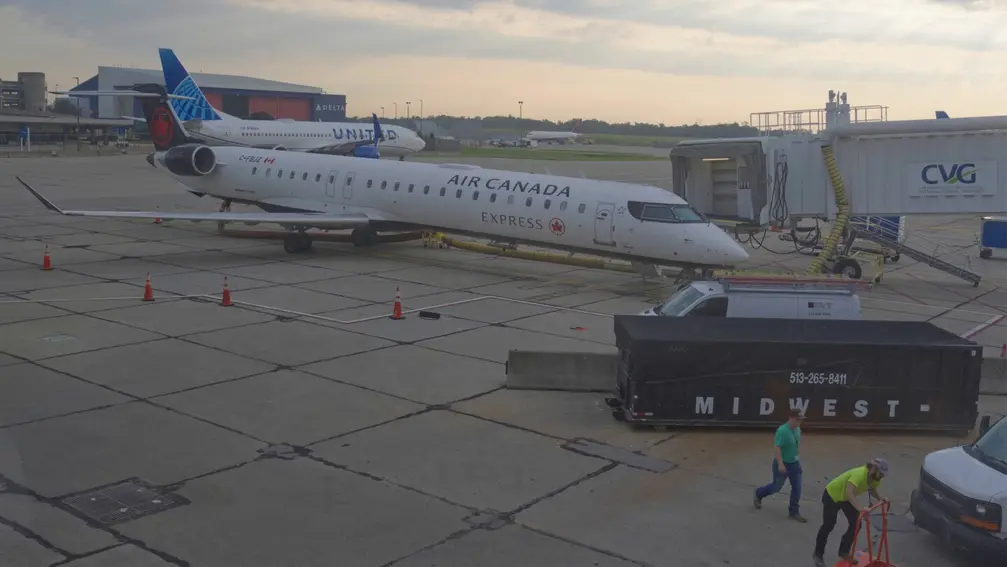
Air Canada cancellations hit peak travel period
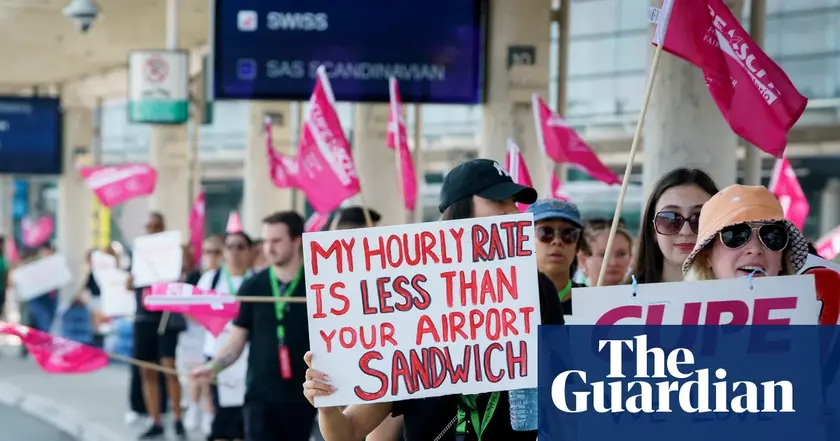
Air Canada strike escalates as government orders end to walkout
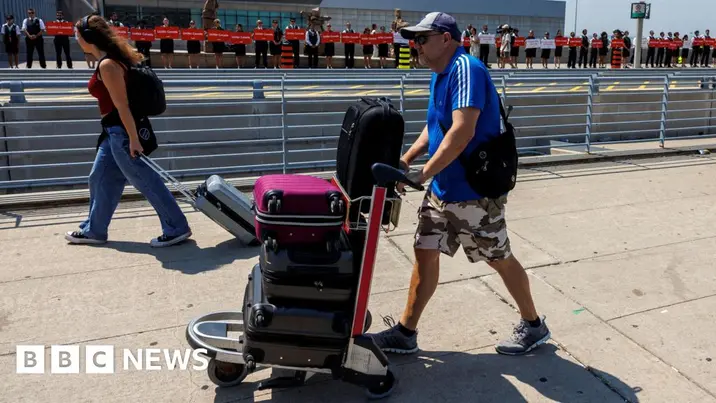
Air Canada Flights Grounded After Strike

Air Canada cancels flights as workers plan stoppage
